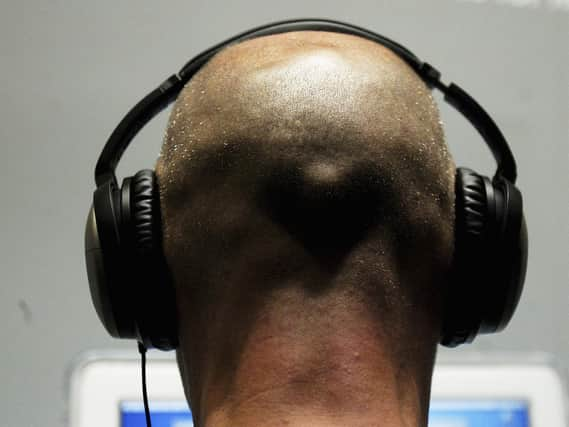Dr's Casebook: Listening to music before bed could lead to disturbed sleep


A study recently published in the journal Psychological Science suggests that some people may be prone to develop earworms that can cause wakefulness in the middle of the night.
Most people pick up a snatch of music or song that they just can’t get out of their head, about once a week.
Advertisement
Hide AdAdvertisement
Hide AdIt is a common phenomenon and these snatches are called earworms.
The thing about them is that it is not the whole song or piece of music, but may be just a few snatches.
They can be quite annoying and hard to get rid of. It is like getting into an irritating loop.
This study looked at the relationship between music listening and sleep, focusing on earworms.
Advertisement
Hide AdAdvertisement
Hide AdIt was found that people who experience earworms a lot at night, perhaps two or three times a week, are liable to complain of sleep disturbance or insomnia six times more than people who do not get earworms.
The study involved over two hundred people, who all completed sleep surveys on quality of sleep, music listening habits, and the frequency that they experienced earworms around their sleep cycle. That is, when falling asleep, when waking in the middle of the night and first thing upon waking.
Then 50 people were taken into the sleep laboratory where the researchers tried to deliberately cause earworms, and then assessed their impact on sleep.
Using polysomnography each person had their brain waves, heart rate and breathing recorded while they slept.
Advertisement
Hide AdAdvertisement
Hide AdThey used popular and catchy music by current top artists, and played them before bedtime.
The participants were randomised to hear either the original version of the songs or the de-lyricised instrumental versions. Participants indicated whether and when they experienced an earworm.
They found that people who caught an earworm had greater difficulty falling asleep, more waking throughout the night, and also spent more time in light stages of sleep according to the polysomnography.
Interestingly, although all of the participants thought that music improved their sleep, those who listened to the most music had more sleep disturbance.
Surprisingly, instrumental music seemed to produce earworms twice as much as lyrical music.